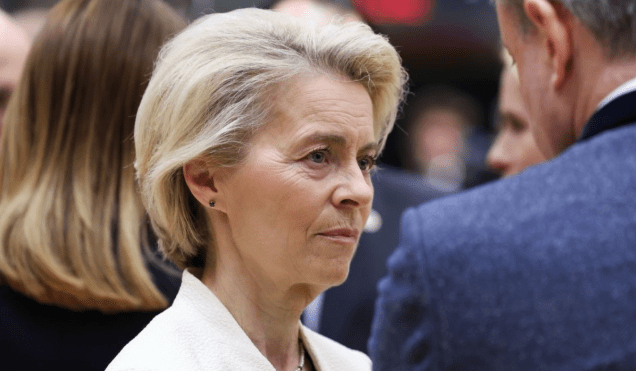The United Kingdom and European Union have signalled a desire to strengthen defence ties, but that doesn’t mean a smooth road ahead.
Last week in London, European Commission President Ursula von der Leyen joined Labour leader Keir Starmer in unveiling a major agreement, part of efforts to “reset” relations post-Brexit. Smiles and handshakes aside, one crucial element—the defence and security pact—was notably light on firm commitments.
The newly signed document underscored a shared responsibility for Europe’s security, vowing closer coordination on Ukraine support and collaborative thinking on areas ranging from naval strategy to space technology.
But that’s where the certainties end. Real negotiations on the UK’s potential involvement in the EU’s €150 billion Security Action for Europe (SAFE) defence fund are only just beginning. SAFE allows EU countries to collectively borrow for military investments, and the UK wants in.
Yet before any British participation can happen, both sides must negotiate a separate, detailed agreement—something that may take months, not weeks.
Despite von der Leyen’s optimism that an accord could be reached swiftly, insiders in both London and Brussels suggest otherwise. “There’s still some bad blood from the Brexit days,” one EU diplomat admitted.
Ben Jones, a European foreign policy fellow at King’s College London, described the current deal as “significant,” but added that it remains “long on principles and short on concrete commitments, particularly on the defence industrial side.”
Plenty of hard bargaining lies ahead. A major sticking point is money and influence.
- The EU’s 27 member states have yet to agree on how to include external partners like the UK in defence procurement.
- Anne Fort, deputy head of cabinet for defence at the European Commission, stated the UK would need to make a financial contribution to take part in SAFE.
- Britain also needs to clarify if it wants both major defence contractors and smaller suppliers involved.
A senior EU defence official said discussions would now focus on Britain’s contribution and the 35% cap on components sourced from outside the EU.
While there’s some room to negotiate on this limit to sweeten the deal for the UK, Brussels may also impose stricter rules, limiting Britain’s participation to specific projects or maintaining tough caps.
One EU diplomat warned: The fund “must not be used to benefit only British companies.” Any agreement must be mutually beneficial and bolster the EU industry as well.
While the UK is keen to move “swiftly” once the EU’s position is clear, several European diplomats point to lingering resentment from Brexit negotiations.
“There is undoubtedly a generation of officials who don’t want to make life easy for the UK,” one EU source revealed.
Still, others are urging pragmatism. With Russia’s aggression in Ukraine and the US stepping back from European security, many leaders see cooperation as an urgent necessity.
French officials, buoyed by recent wins on fishing rights, are expected to take a harder line on defence access. But they also recognise that French defence supply chains often run through the UK. BAE Systems—the UK’s top arms producer—remains deeply embedded in European defence networks.
Despite the diplomatic friction, both camps remain optimistic. Expanding SAFE could finally align lofty words with real military investment and send a message to adversaries like Vladimir Putin.
Andy Start, the UK’s national armaments director, summed it up bluntly: “We have to get real … There is not sufficient engineering effort or money or resources for us to be able to compete with the likes of China unless we do it together.”
For now, the ambition to reach a deal is strong. But the path to get there? Still uncertain.






